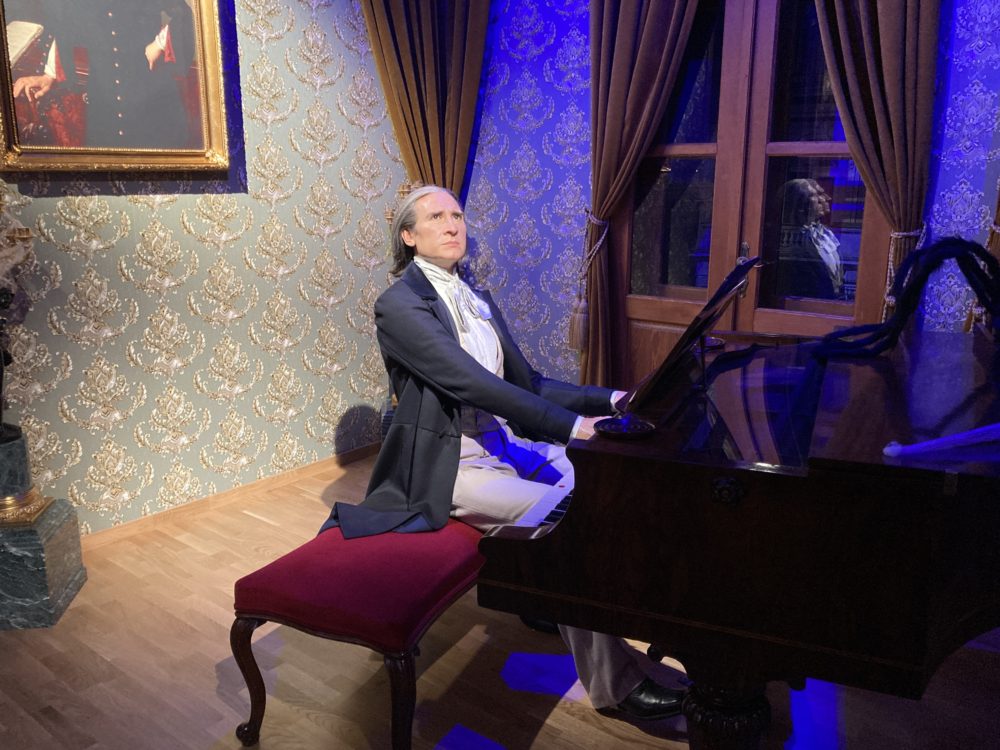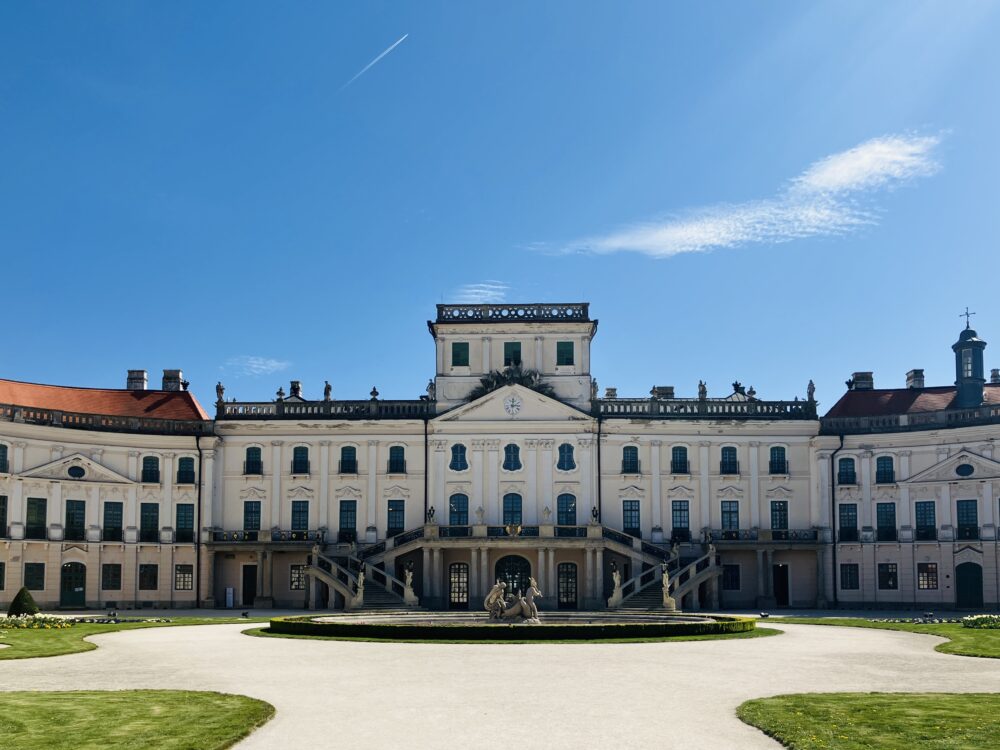Franz Liszt, born on October 22, 1811, in Doborján, Kingdom of Hungary (now Raiding, Austria), was a towering figure in the world of classical music. Renowned for his extraordinary talent and innovative compositions, Liszt’s life was a whirlwind of performances, compositions, and teaching that left an indelible mark on the Romantic era.
A Prodigious Talent
Liszt’s musical journey began at a young age, influenced by his father, Ádám Liszt, who was an amateur musician. By the age of nine, Franz was already performing publicly, and his prodigious talent quickly garnered the support of Hungarian nobility, who funded his musical education. He studied under Carl Czerny and Antonio Salieri in Vienna, honing his skills and preparing for a career that would take Europe by storm.
The Phenomenon of Lisztomania
Liszt’s performances were nothing short of electrifying. His technical prowess and charismatic stage presence led to a phenomenon known as “Lisztomania,” where fans would flock to his concerts, often resulting in frenzied scenes reminiscent of modern-day rock concerts. His tours across Europe in the 1830s and 1840s solidified his reputation as the greatest pianist of his time.
Famous Compositions
Liszt’s contributions to music are vast and varied. Some of his most famous works include:
- Hungarian Rhapsodies: A set of 19 piano pieces inspired by Hungarian folk music.
- Transcendental Études: A collection of twelve highly challenging piano pieces that showcase his technical brilliance.
- Mephisto Waltz No.1: A dramatic and virtuosic piece inspired by the legend of Faust.
- Piano Sonata in B Minor: Considered one of his masterpieces, this sonata is a pinnacle of Romantic piano literature.
- Faust Symphony: An orchestral work that reflects Liszt’s fascination with Goethe’s Faust.
A Life of Innovation and Influence
Beyond his compositions, Liszt was a pioneer in many aspects of music. He popularised the concept of the solo piano recital and was a master of thematic transformation, a technique that influenced many composers who followed. He was also a generous mentor, teaching numerous students who would go on to become notable musicians in their own right.
The Foldable Fake Piano
An interesting anecdote about Liszt’s life is his use of a foldable fake piano. This ingenious device allowed him to practice silently while traveling, ensuring that he could maintain his formidable technique even on the road. This dedication to his craft is a testament to his relentless pursuit of musical excellence.
A Lasting Legacy
Liszt’s impact on the world of music is immeasurable. His innovative compositions, virtuosic performances, and contributions to music education have left a lasting legacy that continues to inspire musicians and audiences alike. Today, visitors to Madame Tussauds in Budapest can sit next to a lifelike wax figure of Liszt at his piano, a fitting tribute to a man whose life was dedicated to the art of music.
#FranzLiszt #PianoVirtuoso #RomanticEra #ClassicalMusic #Lisztomania













